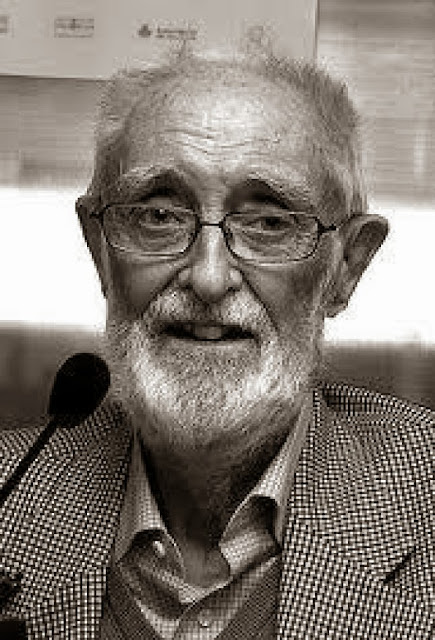"They say foul things of Old Times still lurk
In dark forgotten corners of the world.
And Gates still gape to loose, on certain nights.
Shapes pent in Hell."
--Justin Geoffrey
I read of it first in the strange book of Von Junzt, the German eccentric who lived so curiously and died in such grisly and mysterious fashion. It was my fortune to have access to his _Nameless Cults_ in the original edition, the so-called Black Book, published in Dusseldorf in 1839, shortly before a hounding doom overtook the author. Collectors of rare literature were familiar with _Nameless Cults_ mainly through the cheap and faulty translation which was pirated in London by Bridewall in 1845, and the carefully expurgated edition put out by the Golden Goblin Press of New York, 1909. But the volume I stumbled upon was one of the unexpurgated German copies, with heavy black leather covers and rusty iron hasps. I doubt if there are more than half a dozen such volumes in the entire world today, for the quantity issued was not great, and when the manner of the author's demise was bruited about, many possessors of the book burned their volumes in panic.
Von Junzt spent his entire life (1795-1840) delving into forbidden subjects; he traveled in all parts of the world, gained entrance into innumerable secret societies, and read countless little-known and esoteric books and manuscripts in the original; and in the chapters of the Black Book, which range from startling clarity of exposition to murky ambiguity, there are statements and hints to freeze the blood of a thinking man. Reading what Von Junzt _dared_ put in print arouses uneasy speculations as to what it was that he dared _not_ tell. What dark matters, for instance, were contained in those closely written pages that formed the unpublished manuscript on which he worked unceasingly for months before his death, and which lay torn and scattered all over the floor of the locked and bolted chamber in which Von Junzt was found dead with the marks of taloned fingers on his throat? It will never be known, for the author's closest friend, the Frenchman Alexis Ladeau, after having spent a whole night piecing the fragments together and reading what was written, burnt them to ashes and cut his own throat with a razor.














